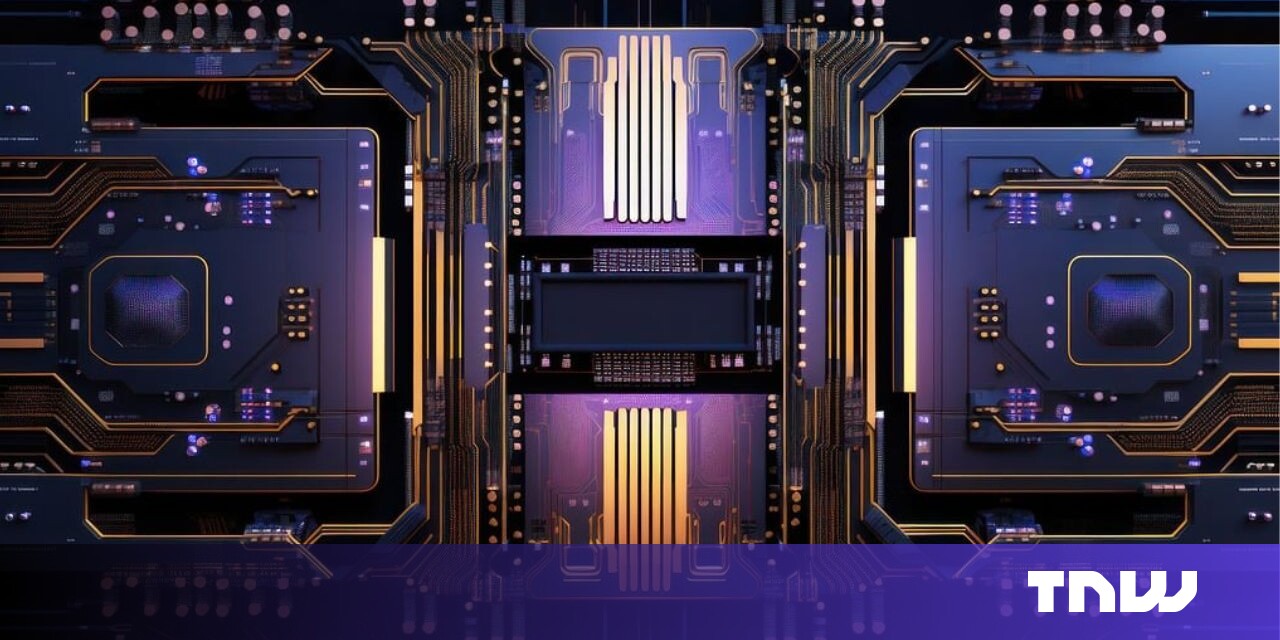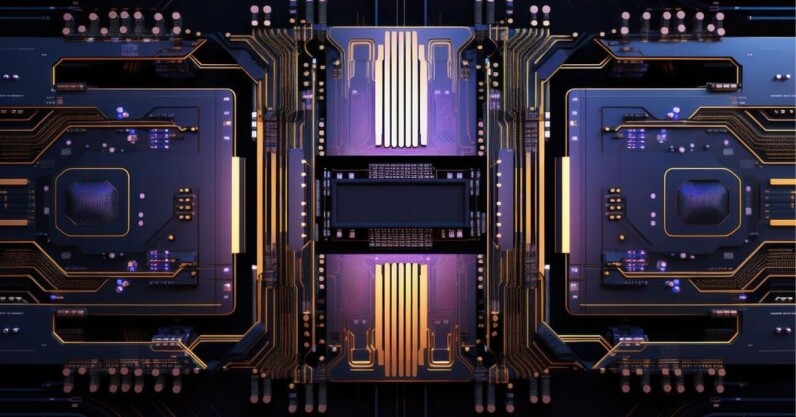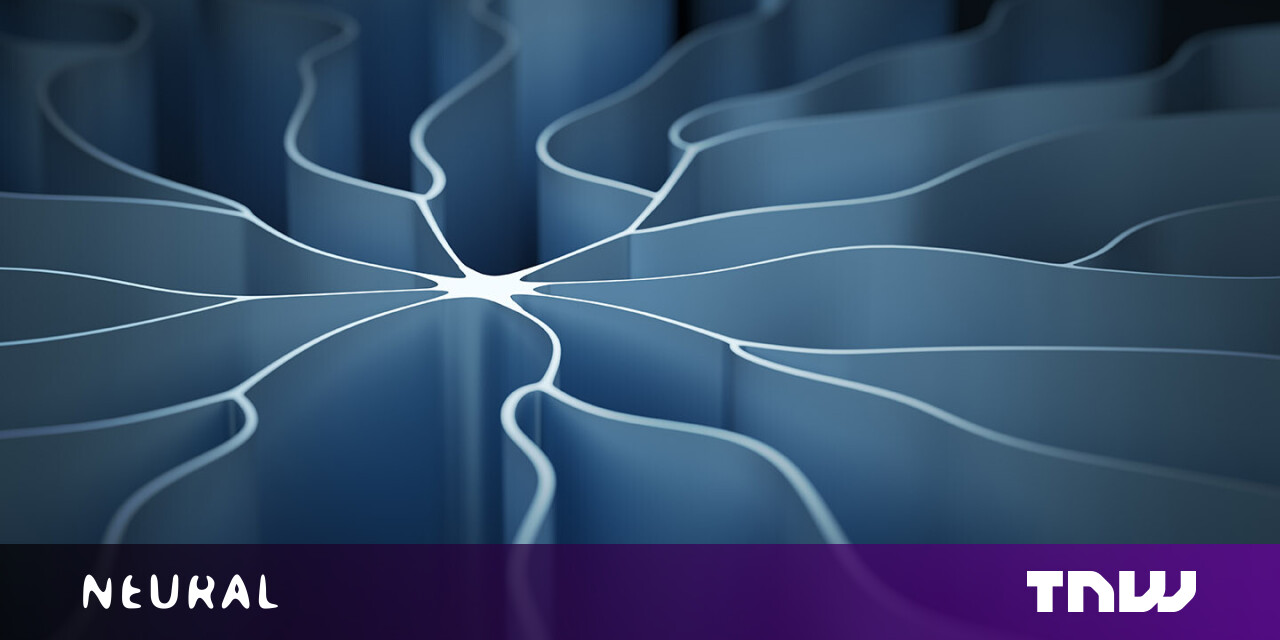#DeepMind taps the power of its AI to accelerate quantum computers


DeepMind worked together with UK-based Quantinuum to solve a key challenge in fault-tolerant quantum computers: reducing the number of T gates.
T gates are essential in implementing a quantum circuit — a network of gates that manipulates qubits to generate algorithms. However, T gates are also the most expensive and most resource-intensive gates of the network.
To address this, the team developed AlphaTensor-Quantum, an extension of DeepMind’s AlphaTensor, the first AI system that can discover efficient algorithms for tasks such as matrix multiplication.
TNW Conference 2024 – Group ticket offer
Save up to 40% with our Group offer and join Europe’s leading tech festival in June!
AlphaTensor-Quantum is an AI model that leverages the relationship between optimising T-count and tensor decomposition, using deep reinforcement learning.
In contrast to existing approaches, the model can incorporate domain-specific knowledge about quantum computation as well as use “gadgetisation” techniques, which implement alternative gates by introducing additional qubits and operations. This way, the AI can significantly reduce the number of T gates.
According to the researchers, AlphaTensor-Quantum outperforms existing systems for T-count optimisation and is as efficient as the “best” human-designed solutions across numerous applications. It can also save “hundreds of hours” of research by optimising the process in a fully automated way, the team says in the paper.
DeepMind and Quantinuum envision applications in quantum chemistry and related fields, and suggest that possible future research could focus on improving the algorithm’s neural network architecture.
We’ve reached out to Quantinuum for comments and we’ll update this piece accordingly.
If you liked the article, do not forget to share it with your friends. Follow us on Google News too, click on the star and choose us from your favorites.
If you want to read more like this article, you can visit our Technology category.




